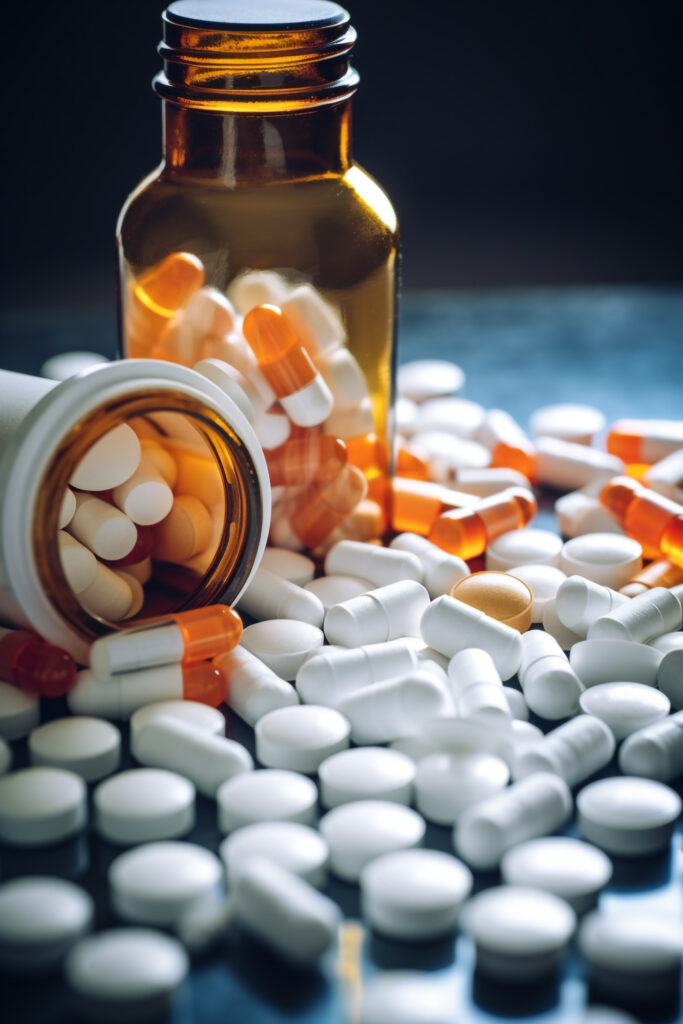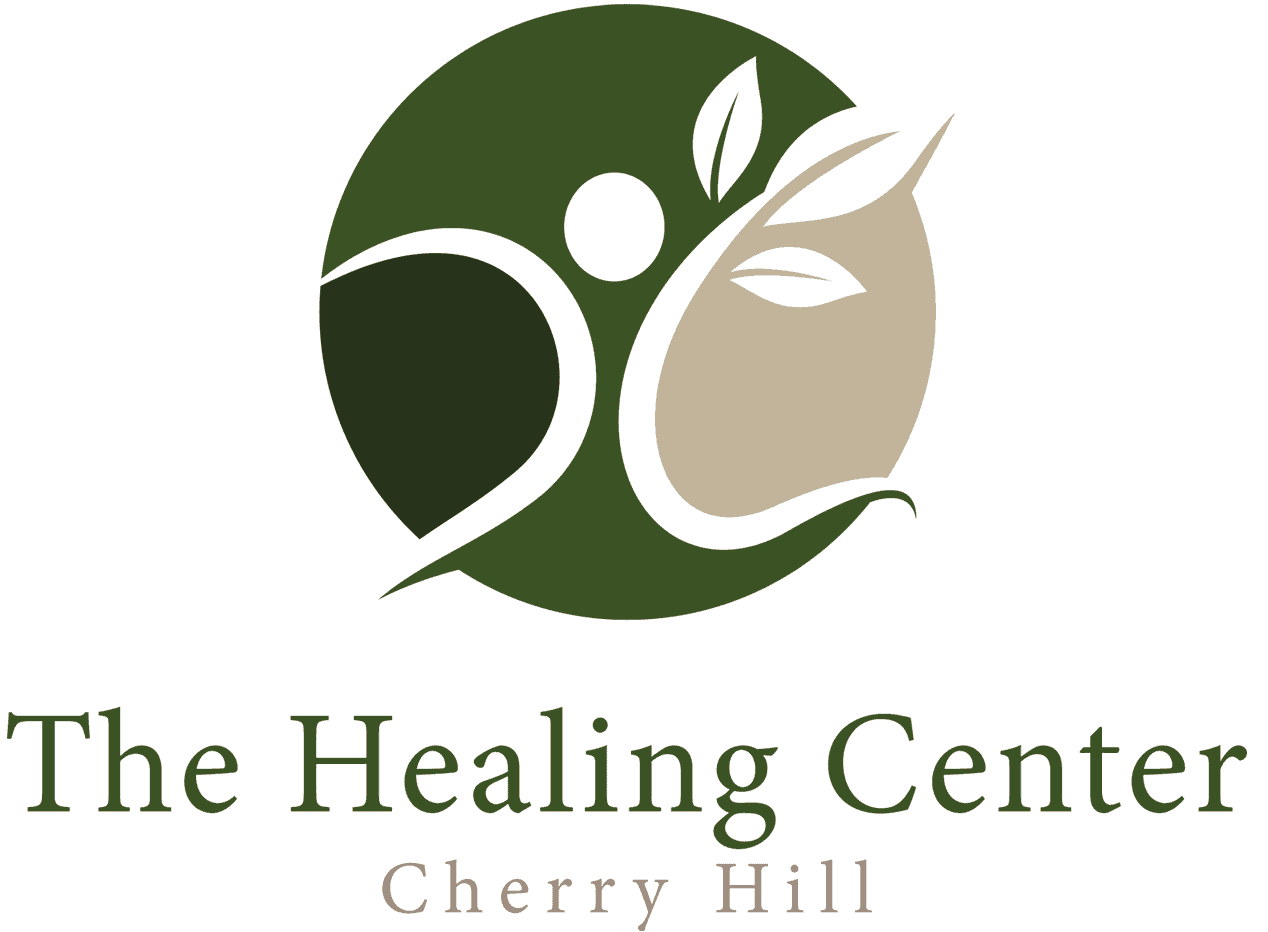Opiate addiction is a widespread and devastating issue that affects countless lives across the nation, and New Jersey is no exception. Opioid drugs are those that interact with the body’s opioid sensors in the central nervous system. Learn more about our opiate addiction treatment in Cherry Hill NJ, as well as what makes opioids so dangerous.

What Are Opiates?
Opiates are a class of drugs derived from the opium poppy plant (Papaver somniferum) or synthetically manufactured to replicate the effects of naturally occurring compounds found in opium. Opiates and their synthetic counterparts, known as opioids, act on the central nervous system to produce analgesic (pain-relieving) and sedative effects. These substances interact with specific receptors in the brain, spinal cord, and other parts of the body’s nervous system, influencing various physiological processes.
The primary active compounds in opium-derived opiates include morphine and codeine. Morphine is a potent analgesic and the prototype for many opioid medications. Codeine is less potent than morphine but is commonly used in prescription cough syrups and pain relievers.
Opiates can be naturally occurring or semi-synthetic. Semi-synthetic opioids, such as oxycodone, hydrocodone, and heroin, are derived from natural opiates but undergo chemical modifications to enhance their properties. Additionally, fully synthetic opioids, like fentanyl and methadone, are entirely human-made and designed to mimic the effects of natural opiates.
Opiates and opioids are often prescribed for pain management due to their effective analgesic properties. However, they also carry a high risk of misuse, dependence, and addiction. Prolonged use or misuse of opiates can lead to the development of tolerance, physical dependence, and withdrawal symptoms upon discontinuation. The misuse of opiates has become a significant public health concern, contributing to the opioid epidemic in many parts of the world.
Symptoms of Opiate Addiction
Opiate addiction, also known as opioid use disorder, is a chronic condition characterized by compulsive and problematic use of opiates, leading to negative consequences. Recognizing the symptoms of opiate addiction is crucial for early intervention and effective treatment. Here are common signs and symptoms associated with opiate addiction:
Increased Tolerance: Individuals may develop tolerance to opiates over time, requiring higher doses to achieve the desired effects. This can lead to escalating substance use.
Physical Dependence: Dependence occurs when the body adapts to the presence of opiates, and withdrawal symptoms emerge when use is reduced or stopped. Physical dependence is a hallmark of addiction.
Craving: Individuals with opiate addiction often experience intense cravings for the drug, driving them to seek and use opiates compulsively.
Loss of Control: Despite attempts to cut down or control opiate use, individuals with addiction find it challenging to regulate their substance use. They may continue using even when aware of the negative consequences.
Neglect of Responsibilities: Opiate addiction can lead to a decline in performance at work or school. Individuals may neglect responsibilities, leading to academic or occupational problems.
Social Isolation: Addiction can contribute to social withdrawal and isolation. Individuals may distance themselves from family and friends, preferring to spend time alone or with others who share similar substance use patterns.
Financial Issues: Opiate addiction can be financially burdensome due to the high cost of obtaining drugs. Individuals may struggle with managing finances, leading to debt or financial instability.
Legal Problems: Engaging in illegal activities to obtain opiates or as a result of impaired judgment can lead to legal issues. This may include arrests for drug possession or theft to support the habit.
Changes in Behavior: Opiate addiction can cause noticeable changes in behavior. Individuals may become secretive, exhibit mood swings, or display erratic behavior.
Poor Hygiene and Health Issues: Individuals struggling with opiate addiction may neglect personal hygiene, leading to a decline in overall health. Substance use can compromise the immune system and contribute to various health issues.

Request a Confidential Callback

How Do Opiate Addiction Treatment Programs In NJ Work?
Opiate addiction treatment in Cherry Hill operate on a multifaceted approach designed to address the complex nature of opioid dependence and support individuals on their path to recovery.
These programs typically begin with a thorough assessment to determine the specific needs of the individual. Detoxification, the process of safely managing withdrawal symptoms, may be the initial phase, followed by various treatment modalities.
Medication-assisted treatment (MAT) often plays a crucial role, involving the use of medications like methadone, buprenorphine, or naltrexone to alleviate cravings, prevent relapse, and support stabilization.
Behavioral therapies, such as cognitive-behavioral therapy (CBT) and contingency management, are integrated to address the psychological aspects of addiction, helping individuals develop coping skills and resilience.
Inpatient rehabilitation provides a structured environment for intensive treatment, while outpatient programs offer flexibility for those who do not require 24/7 supervision. Support groups and peer recovery programs foster a sense of community and understanding.
The goal of opiate addiction treatment programs is to provide comprehensive care, addressing the physical, psychological, and social aspects of addiction to promote lasting recovery and improved quality of life. Individualized treatment plans, ongoing support, and a continuum of care contribute to the effectiveness of these programs in helping individuals overcome opiate addiction.
Addiction Treatment Options in New Jersey
Opiate addiction treatment often begins with detoxification, a process aimed at safely removing opioids from the individual’s system. Detox services in New Jersey are provided in specialized facilities staffed by medical professionals who monitor and manage withdrawal symptoms. The goal is to help individuals transition to the next phase of treatment with greater ease.
Once detox is complete, individuals can then attend an inpatient treatment center. Inpatient rehabilitation programs offer a structured and supportive environment for individuals recovering from opiate addiction. These programs typically involve a combination of medical care, individual and group therapy, and educational sessions. In New Jersey, various rehabilitation centers provide tailored treatment plans to address the unique needs of each patient.
Additionally, outpatient programs available. They are valuable for individuals who do not require 24/7 supervision but still benefit from structured treatment. These programs may include counseling, therapy sessions, and medication-assisted treatment (MAT), which involves the use of medications like methadone or buprenorphine to manage cravings and withdrawal symptoms.


What To Expect At Our Opiate Addiction Treatment In Cherry Hill NJ
At our opiate addiction treatment in Cherry Hill NJ, individuals can expect a compassionate and comprehensive approach to recovery, tailored to address their unique needs and circumstances. The journey to overcoming opiate addiction is a collaborative effort between our experienced healthcare professionals and the individual seeking treatment.
The treatment process begins with a thorough assessment to gain a comprehensive understanding of the individual’s medical history, substance use patterns, mental health, and any co-occurring conditions. This information guides the development of a personalized treatment plan. Once the intake process is complete our clients then receive a daily schedule which includes one-on-one therapy, group therapy, doctors visits, and recreational activities.
Our commitment to our clients extends beyond the initial treatment phase. We provide a continuum of care, offering ongoing support, follow-up appointments, and resources to help individuals maintain their recovery journey long after leaving our facility.
Find Healing At Our Opiate Addiction Treatment In Cherry Hill NJ
By choosing our opiate addiction treatment in New Jersey, individuals can expect a compassionate and evidence-based approach that prioritizes their well-being, empowerment, and long-term recovery. Our team is dedicated to providing the highest quality of care in a supportive and understanding environment. If you or a loved one is struggling with opiate addiction in New Jersey, then contact our admissions team today to begin your healing journey.







